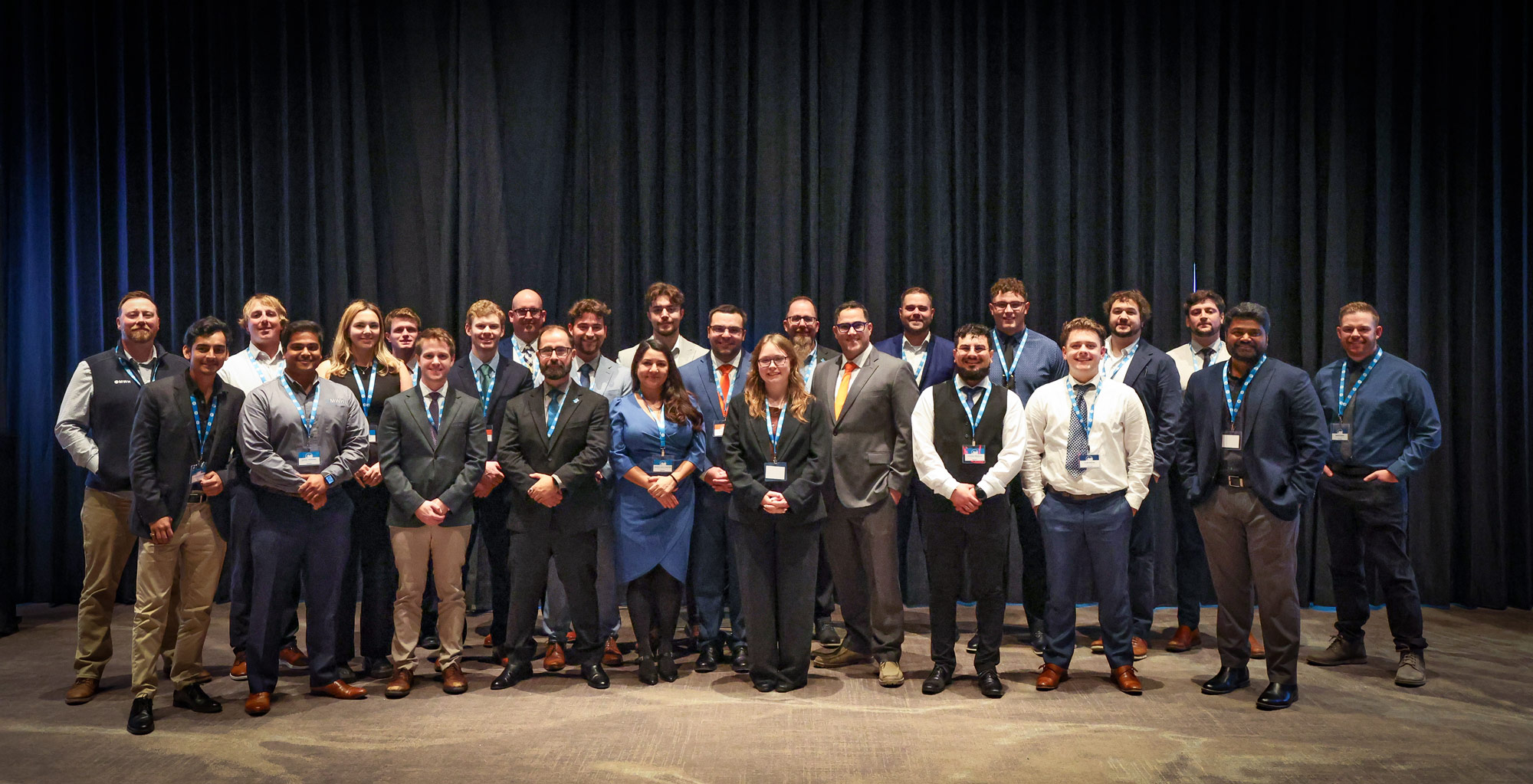


This $110M Construction Manager-at-Risk (CMAR) project was awarded to MWH by the North Texas Municipal Water District. It consists of four phases and requires the coordination of three separate design teams (Jacobs, Carollo, and HDR).
In late 2021, MWH began structural and mechanical improvements at the Wylie Water Treatment Plant in addition to converting the facility’s current treatment process to a biologically active filtration (BAF) process. BAF is an advanced water treatment process that provides numerous advantages, from improved natural organic matter removal to reduced disinfection byproduct formation. Not only does BAF reduce tastes and odors, but it also mitigates regrowth issues, facilitating better water quality for the community for years to come.
The project’s structural and mechanical improvements include the replacement of roofs and overflow structures for two 240-foot diameter concrete clearwells; constructing magnetic flow meter vaults, new water pumps, and a calcium thiosulfate system; and installing large diameter pipes and valves. Since the summer of 2022, our team has completed the clearwell roof slab placement in addition to the two concrete meter vaults and 550 LF of chemical trench.
BAF improvements are currently underway, including installation of large-diameter underground piping and valves, splitter structures, chlorine contact basins, and clearwells. The project is currently on track to achieve final completion in 2025.

During the recent Breckenridge conference, talent from across MWH came together to share groundbreaking innovations and insights in Quality, Engineering, Safety, and Technology. The level of leadership, creativity, and expertise on display was nothing short of inspiring.
Read More
The MWH Breckenridge Conference featured 13 insightful presentations, recognizing standout contributions in engineering, innovation, and project leadership. Two teams were selected to join Obayashi’s training program in Tokyo.
Read More
2024 marks the ten-year anniversary of the completion of the Tres Ríos Water Reclamation Facility (WRF) Project. Operating as the construction-manager-at-risk on this $232 million Pima County project, MWH Constructors enhanced the plant’s capacity from 37.5 MGD to 50 MGD, transforming an outdated facility (built in 1977) into a modern wastewater plant. The upgrade and expansion of the Tres Ríos WRF provided the highest quality effluent, classified as A+ reuse, equipped with state-of-the-art technology, automation, and process controls. This streamlined operational efficiencies and increased water availability for the residents of Pima County, Arizona.
Read More